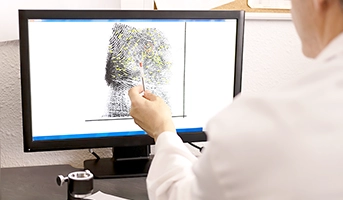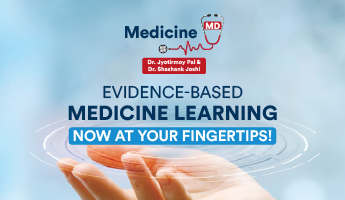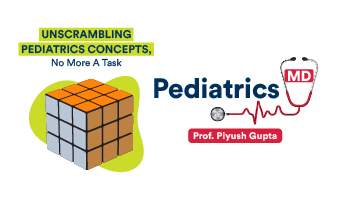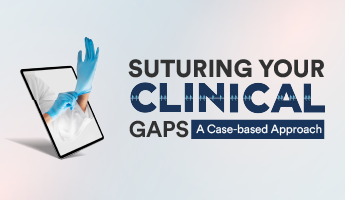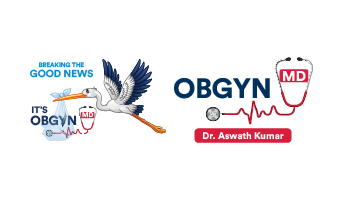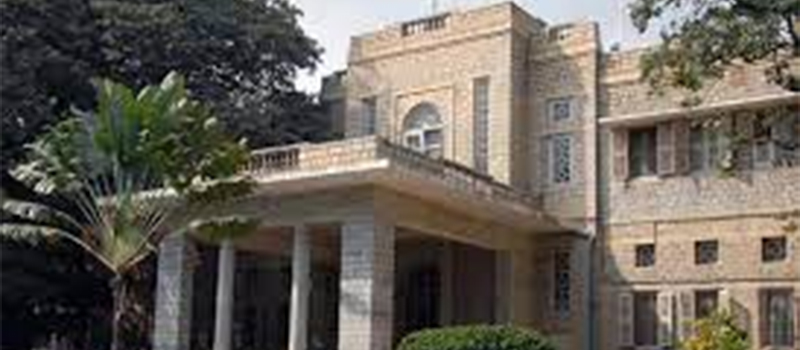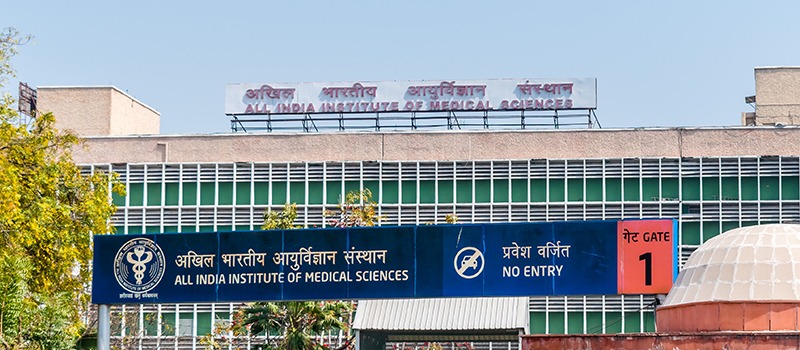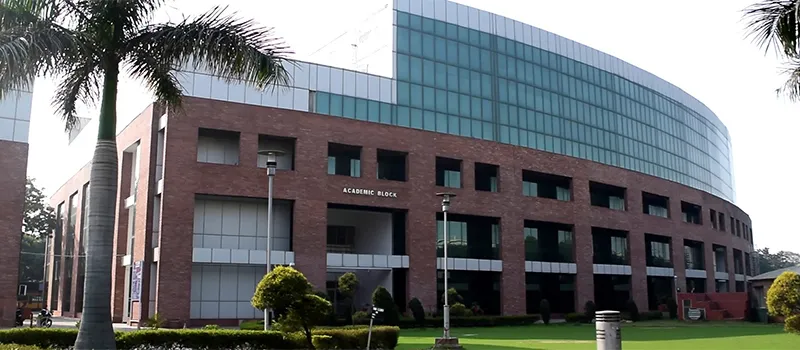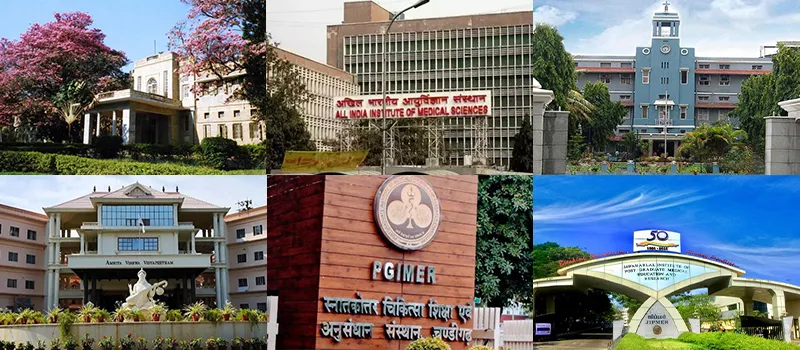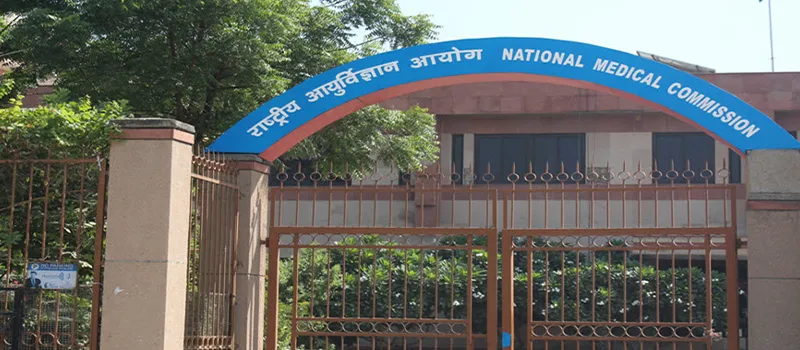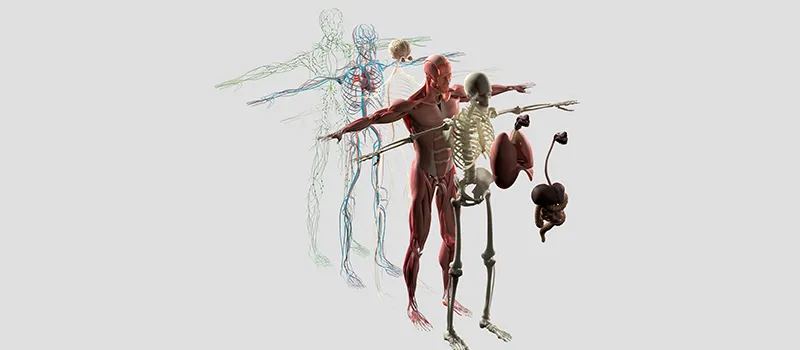

Things to Know Before Choosing a Medical College
Following the completion of high school, choosing a career is a crucial decision. There are a multitude of distinct fields. Therefore, it is important to have a full understanding of each subject and its employment possibilities. The healthcare sector in our country has grown quickly in recent years. There is significant space for growth and job opportunities in the healthcare sector. You can choose to become a doctor, nurse, dentist, physiotherapist, and so on. For students aspiring to study medicine, it is highly competitive to get admission into their dream medical college. NEET-UG, an entrance examination for getting admission into a medical college for undergraduate degrees, is a hard nut to crack. Consistent efforts, smart work, hours of non-stop study, and revision are required to score well in this competitive examination. This is the most logical and significant deciding factor.
To get into the medical institution of your choice, a strong NEET-UG entrance test performance is essential. Get on the NEET-UG merit list and among the top scorers to have the chance to select the medical college and course of your choice during the counselling process. In order to fill out the choice form or choose your ideal college during MBBS Admission counselling, you must have a firm grasp of the calibre of medical colleges in India, regardless of whether you are participating in all-India counselling run by the Medical Counselling Committee or State counselling run by the appropriate State government authority.
To kick-start your medical career, choosing a good medical college is crucial. Making that huge leap might need some forethought, even if it is a desire that you have cultivated over the years.
Before choosing any medical college, consider the following factors that will help you comprehend better and make a wise decision:
NMC Recognition
When choosing the finest college for yourself, it is essential to take college recognition and ranking into account.
The National Medical Commission (NMC) is responsible for regulating medical practice and education in India. The medical colleges and universities in India must get NMC recognition to conduct medical programmes like MBBS and PG degrees. This recognition guarantees that the medical college or university offers high-quality education and complies with the NMC’s minimal requirements for medical education. These requirements involve things like faculty, curriculum, clinical settings, and instructional techniques.
Graduates from institutions without NMC certification will not be able to obtain a medical license and will also have trouble obtaining employment in the healthcare industry. Therefore, you need to choose a medical college or university that has NMC recognition. You can check the list of NMC-recognised medical colleges on the NMC official website.
Prerequisites and Conditions
Make sure you meet all academic and non-academic criteria, conditions, scores on standardised exams, and other eligibility requirements for the medical college you’re interested in, especially the cut-off score for the particular college you are desirous of taking admission to.
Application Process and Admission Eligibility
The application process and eligibility should be taken into consideration. Even though you fulfil the NEET-UG eligibility criteria, you will get admission into a medical college, but not in any. Some colleges have additional admission requirements and processes. For instance, at AFMC Pune, the basic eligibility is to crack the NEET-UG exam with the minimum 50th percentile. But additionally, you need to register for AFMS institutions during counselling form filling. Also, the institute takes a screening test and interview. You also need to check the NEET AIQ and state quota seats of the particular college.
Be aware of the requirements, dates, and other details for each medical college to which you plan to apply. Personal statements, letters of recommendation, and interviews might help you with the process of getting admission to medical fellowship courses and doctoral programmes.
Each college has a different admissions procedure, so go through it properly.
NIRF Ranking
The level of coursework and research that an institution offers is reflected in its rating. It’s crucial to take the rankings of the medical institutes into account. This feature is a huge help if you’re unsure about filling out and locking the college during counselling.
A mechanism for classifying institutions all around the nation is outlined in the National Institutional Ranking Framework (NIRF) ranking. The technique uses the broad criteria for rating different colleges and institutions to determine the general suggestions and understanding reached by a Core Committee formed by MHRD. The parameters broadly encompass topics like “Teaching, Learning, and Resources,” “Research and Professional Practices,” “Graduation Outcomes,” “Outreach and Inclusivity,” and “Perception”.
A very high NEET score is required for getting admission into the top medical colleges and universities. Hence, you need to prepare a realistic study plan and follow it.
Know the Best Medical Colleges in India According to the NIRF Ranking.
Financial Considerations
It is impossible to exaggerate how crucial financial planning is before entering medical college, as medical education such as MBBS and MD is quite an expensive affair.
Make sure to do your homework about the tuition fees, types of financial assistance, and loan schemes provided by the universities you are considering. The cost of an MBBS curriculum may vary depending on the university.
Whether a medical college is a government, private, or deemed affects the cost of education and other expenses. As we go from government to deemed or trusted private medical colleges, the tuition fee and other expenses just get higher and higher. Government colleges’ tuition costs range from hundreds to thousands, while those at private institutions reach lakhs. Therefore, every student dreams of getting into a government medical college and works hard for it.
Thus, before selecting a college during counselling, make sure you go through its fee structure for a particular course.
Clinical Exposure
Practical clinical experience is a crucial component of medical education. Examine the calibre and selection of the college’s technical rotations and postings. The physical facilities of medical colleges, including the classrooms, laboratories, and hospitals, should be in good condition. You must visit the medical institution you are thinking about to formally inspect the amenities, if possible. Even more crucial is picking a college with a large patient flow.
Doctors need to possess clinical skills such as collecting a patient’s medical history, conducting a physical exam, and interpreting diagnostic tests. Through clinical experience, MBBS students can hone these abilities under the guidance of experienced doctors.
Through clinical postings and internship, you experience and learn about many medical disciplines. During their MBBS course, students will rotate through different clinical specialities, such as medicine, surgery, paediatrics, obstetrics and gynaecology and more. This exposure will help you decide which speciality you are most interested in pursuing.
Service Bond
Make sure you review and accept the terms of the bond agreement and its duration. There are various bond sureties, stipends, durations, and penalty amounts at various institutions and universities. Additionally, the affiliated colleges for the internship or residence programmes differ. The bond is a special component of the Indian medical college admissions procedure. Either a service bond or an entrance bond might be used. Following the completion of the course, service bonds are awarded to serve the state. Admission bonds, on the other hand, are granted to deter students from quitting their studies in the middle or transferring to another university.
Curriculum
Examine the curriculum, instructional strategies, and clinical possibilities. Consider whether the course material and teaching approach fits your ideal language setting. Every medical has to follow the CBME curriculum for the MBBS programme.
Find out how well the college does at helping students land a highly sought-after internship or residency position after graduation. A high match rate might be a reliable sign of an excellent education. Finding a work-life balance in medical school may be challenging. Look at the support provided by the institution for the health and work-life balance of its students.
Faculty and Facilities
Find out about the facilities and faculty’s credentials and expertise. Moreover, consider the availability of research opportunities and cutting-edge facilities. Medical colleges require qualified and experienced faculty. It’s crucial to locate a college with instructors who are enthusiastic about their work and dedicated to the achievement of their students. Important facets of student life include being aware of the overall campus vibe, student organisations, extracurricular activities, and support services available to medical students.
While in medical school, it is of the utmost importance to establish a professional network. Check to see whether the college has a strong network and provides opportunities for networking with alumni and top doctors.
Location
While selecting a college, take into account your personal preferences and the type of medical practice you anticipate. It’s important to consider the medical college’s location. The experiences one has in an urban, suburban, or rural setting might vary. Verify the medical college’s commitment to strong clinical ties with associated hospitals and clinics. This will make sure you have the chance to acquire the practical experience required to become a top doctor. You must be adaptable, or if you don’t want to, make sure you find a place where the culture fits. Examine your personal beliefs and preferences about the values, culture, and diversity of the college. This will assist you in locating a location where you will be successful and happy.
It’s important to consider your personal preferences while choosing a medical college in addition to the aforementioned factors. The medical college you choose now will influence your future career. Remember that being admitted to a medical programme is a major thing. To make a well-informed choice, take your time to study, visit campus if you can, and seek guidance.
Being a doctor is a wonderful career that requires a lot of dedication and work. One of the most important things you must keep in mind is that it is a rather significant commitment. It would require a lot of effort on your part, regular study sessions, and adherence to a set timetable. The practice of medicine requires dedication and zeal. Ensure that you are enrolling in the course voluntarily.
Click here to get conceptual clarity over MBBS subjects online.
Related post
Related Courses
Cosmetic Botulinum Toxin Simplified
Dr Rasya Dixit , Dr Urmila Nischal , Dr K. C Nisch...
Critical Care Simplified
Dr Yatin Mehta , Dr Subhal Dixit , Dr Kapil G. Zir...
Advance Course in Ultrasound and Infertility
Dr Sonal Panchal , Dr Chaitanya Nagori
Ganga Videos on Spine Surgery
Prof Rajasekaran Shanmuganathan , Dr Ajoy Prasad S...
Pathology for UnderGrads
Prof Harsh Mohan , Prof Ramadas Nayak , Dr Debasis...
Microbiology for UnderGrads
Dr Apurba S Sastry , Dr Sandhya Bhat , Dr Deepashr...





